Vladimir Lenin destroyed the moral equilibrium of our world
Believing that the class struggle justified any means, the first Soviet Union leader glorified murder as a moral obligation for the revolution.
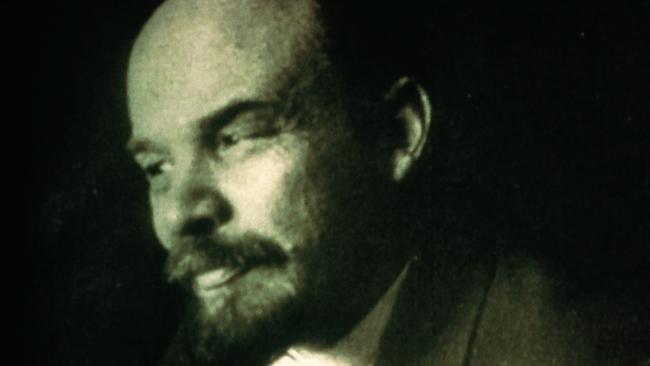
Vladimir Lenin has been gone for a century, but the evil he did lives on.
The first leader of the Soviet Union died on January 21, 1924, in Gorki, Russia (now called Nizhny Novgorod) after repeated strokes. His legacy is a world whose moral equilibrium he helped to destroy.
The Soviet Union was based on Marxism, a secular religion, and Lenin was the architect of its system of anti-morality. For Lenin, as he said in his speech to the Komsomol on October 2, 1920, morality was entirely subordinated to the class struggle. An action was right not in light of “extrahuman concepts” but only if it destroyed the old society and helped to build a new communist society.
The effect of this theory is felt today in post-Soviet Russia, where the legacy of communism’s blanket rejection of universal morality destroyed the hope for democratic reform. Lenin’s theory also inspired modern terrorism and contributes to the weakness that leads many in the West to condone ideological crimes.
Lenin was born in 1870 in Simbirsk (now Ulyanovsk), the son of a senior school inspector. In 1893 he moved to St Petersburg, where he joined the Marxist party and published a book, What Is to Be Done?, in which he described a plan for seizing power by a disciplined “vanguard” party of professional revolutionaries. The unacknowledged model for this party was the Russian People’s Will, which was founded in 1879 and in 1881 carried out the assassination of Alexander II, the “tsar liberator”, who 20 years earlier had freed the Russian serfs.
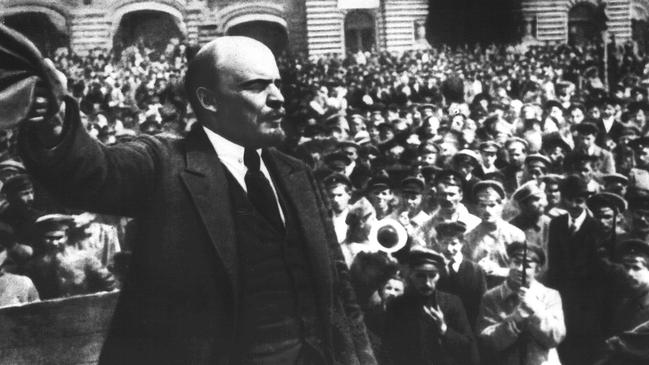
In February 1917, Lenin’s party, the Bolsheviks, had 24,000 members. It was able to triumph in a country of more than 100 million because it was a machine of concentrated power that accepted murder and glorified it as a moral obligation.
Isaac Steinberg, the non-Bolshevik justice minister in the first revolutionary government, objected to summary executions. He sarcastically asked Lenin: “Why bother with a Commissariat of Justice? Let’s call it the ‘Commissariat for Social Extermination’.” Lenin’s face lit up, and he said: “That’s exactly what it should be, but we can’t say that.”
The combination of dedication to Marxism and total contempt for ethical norms made it possible for the communists and their successors to establish totalitarian regimes in the 20th century that ruled more than one-third of the world’s population. Although most of these regimes no longer exist, the damage they did is likely to be felt for many years to come.
Russia today is non-communist but no less lawless than under the Soviets. Arbitrary rule, once codified in Marxist-Leninist ideology, is now justified by the prerogatives of the state, which take absolute priority over the lives of individuals.
Russian officials interpret the purpose of Russian history as the strengthening of the state. In a 2008 speech, Vladimir Putin said maintaining Russia’s place as a “mighty nation” calls for “enormous sacrifices and privations on the part of our people”. In other words, his ambition is the same as Lenin’s: for Russians to suffer indefinitely for the state.
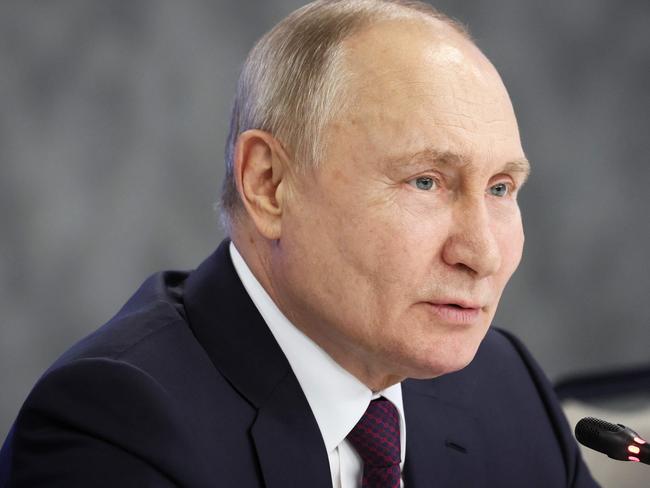
Russia has suffered an estimated 360,000 casualties in Ukraine. That hasn’t persuaded Russian leaders to stop the war. In a recent speech, Putin said the solution was for Russian women to give birth to more potential soldiers. “Many of our grandmothers and great-grandmothers had seven, eight or even more children,” he said. “Let us preserve and revive these excellent traditions.”
When the Soviet Union fell, Russia dismantled the socialist economy but didn’t restore the moral framework Lenin destroyed. The result was the rise of a criminal state no less dangerous than its predecessor – one that has engaged in assassinations, shot down civilian airliners and even bombed apartment buildings to bring Putin to power.
Lenin’s influence is also evident in the terror perpetrated in the name of political Islam, like Marxism a system of total explanation. The savagery of Hamas’s October 7 attack against Israel reproduced almost exactly the Bolsheviks’ tactics against suspected non-sympathisers and other civilians during the Red Terror (1918-22).
One of Lenin’s last writings was a set of recommendations for deceiving “deaf-mutes”, his term for Western capitalists who were ready to ignore Soviet crimes in their pursuit of profit. His plan was to promote the fiction of a legitimate government in the Soviet Union separate from the Communist Party and to establish relations with as many countries as possible to create a false impression of normality.
Lenin’s plans were adopted by the Soviet regime and inherited by post-Soviet Russia with its fixed elections, controlled parliament and “outreach” through such institutions as the Valdai Discussion Club, which after its founding in 2004 played an important role in misleading Western officials and experts about Russia’s intentions.
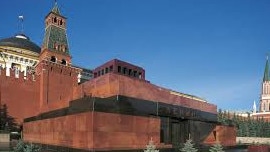
is visited annually by 2.5 million people, but his popularity in Russia has declined compared with Stalin, who is credited with the victory in World War II. The figure of Lenin, however, stands as the symbol of history’s first rejection of universal standards on behalf of a political movement that claimed a monopoly on truth.
Lenin viewed the past with a degree of detachment in the last months of his life, but there is no indication he regretted anything. For Lenin, the end always justified the means. This is why he stands as a warning – not only to the countries he directly affected but to all of mankind.
WALL STREET JOURNAL
David Satter is author of the highly acclaimed Age of Delirium: the Decline and Fall of the Soviet Union.


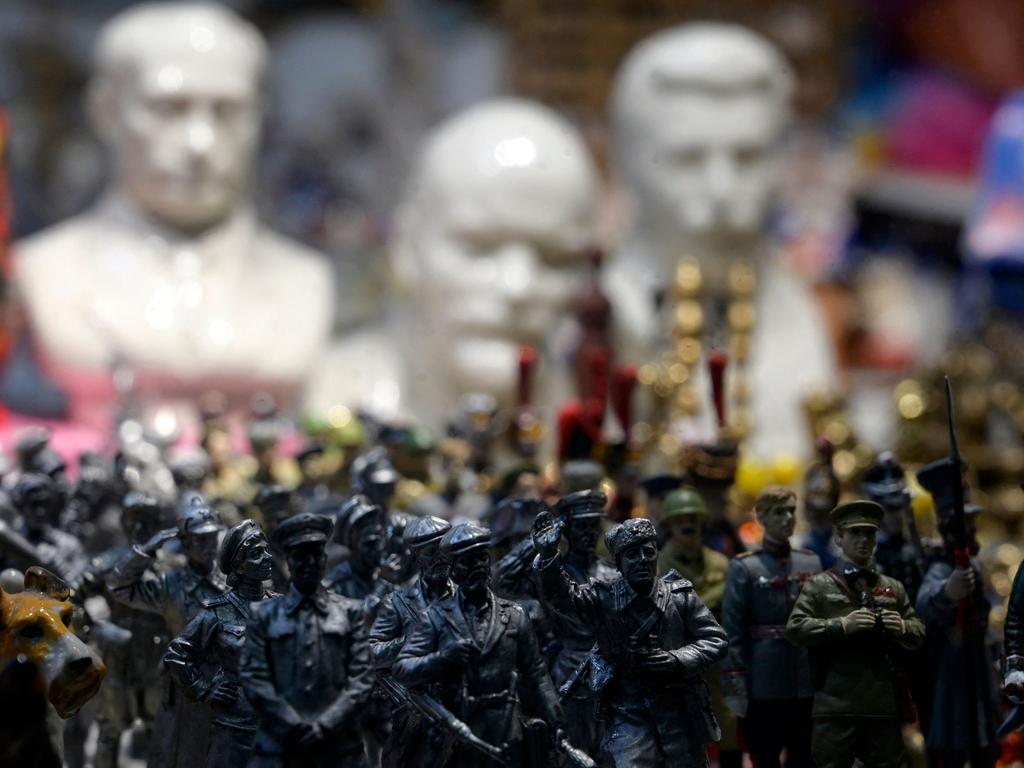

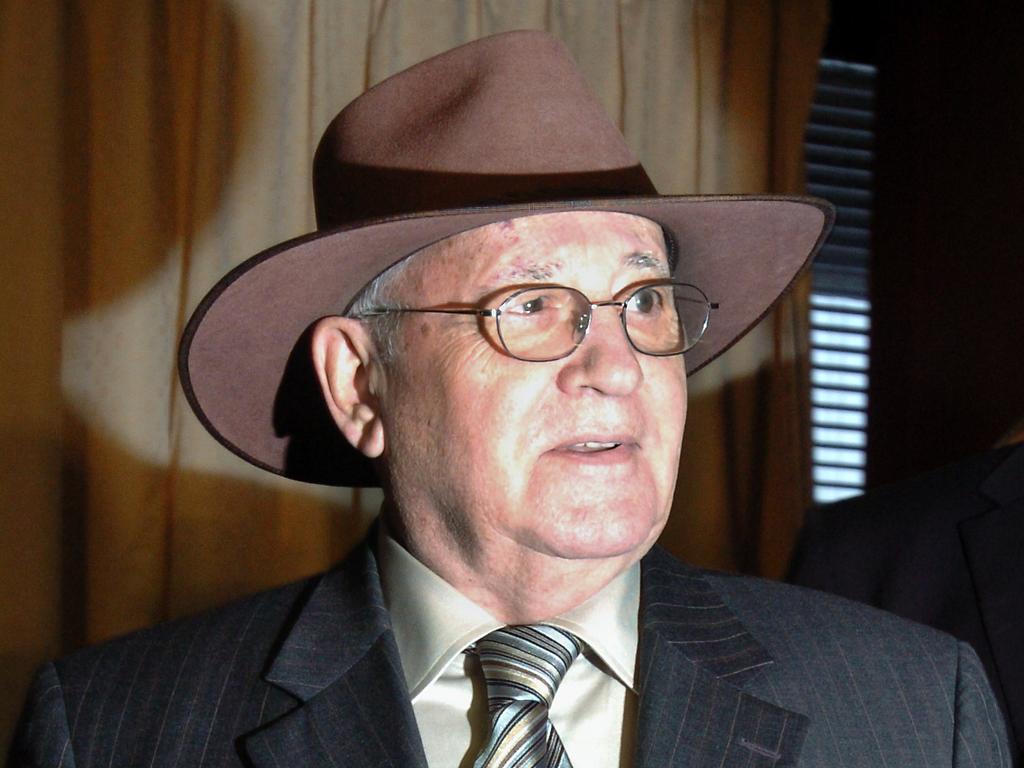


To join the conversation, please log in. Don't have an account? Register
Join the conversation, you are commenting as Logout